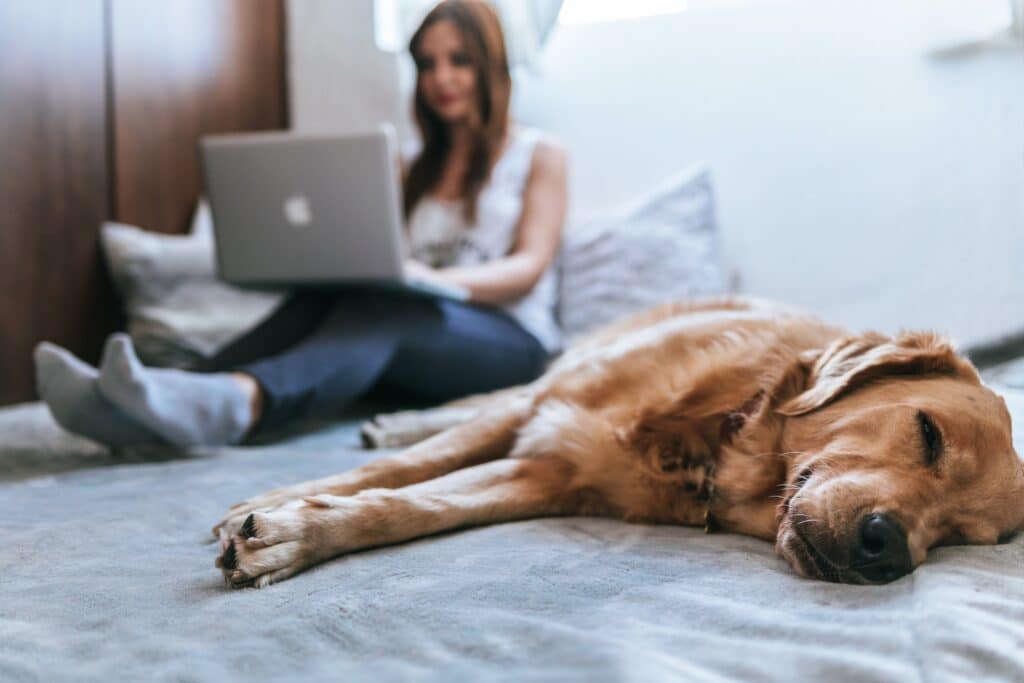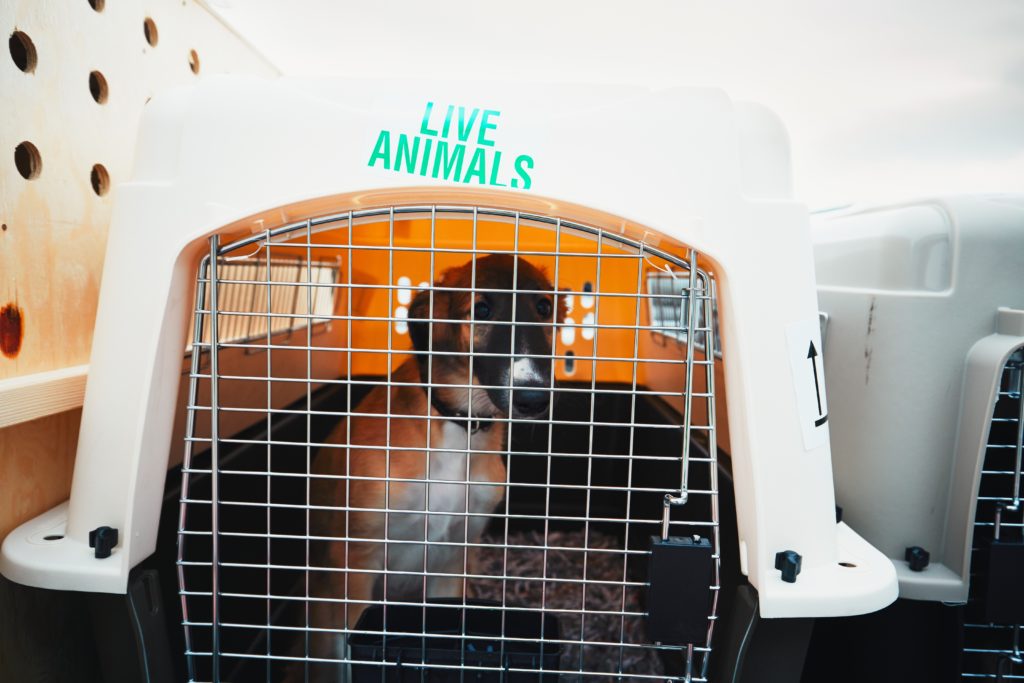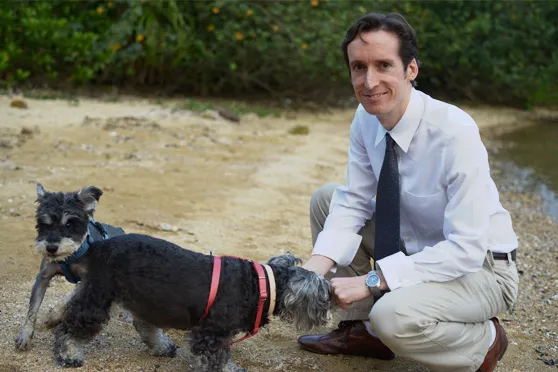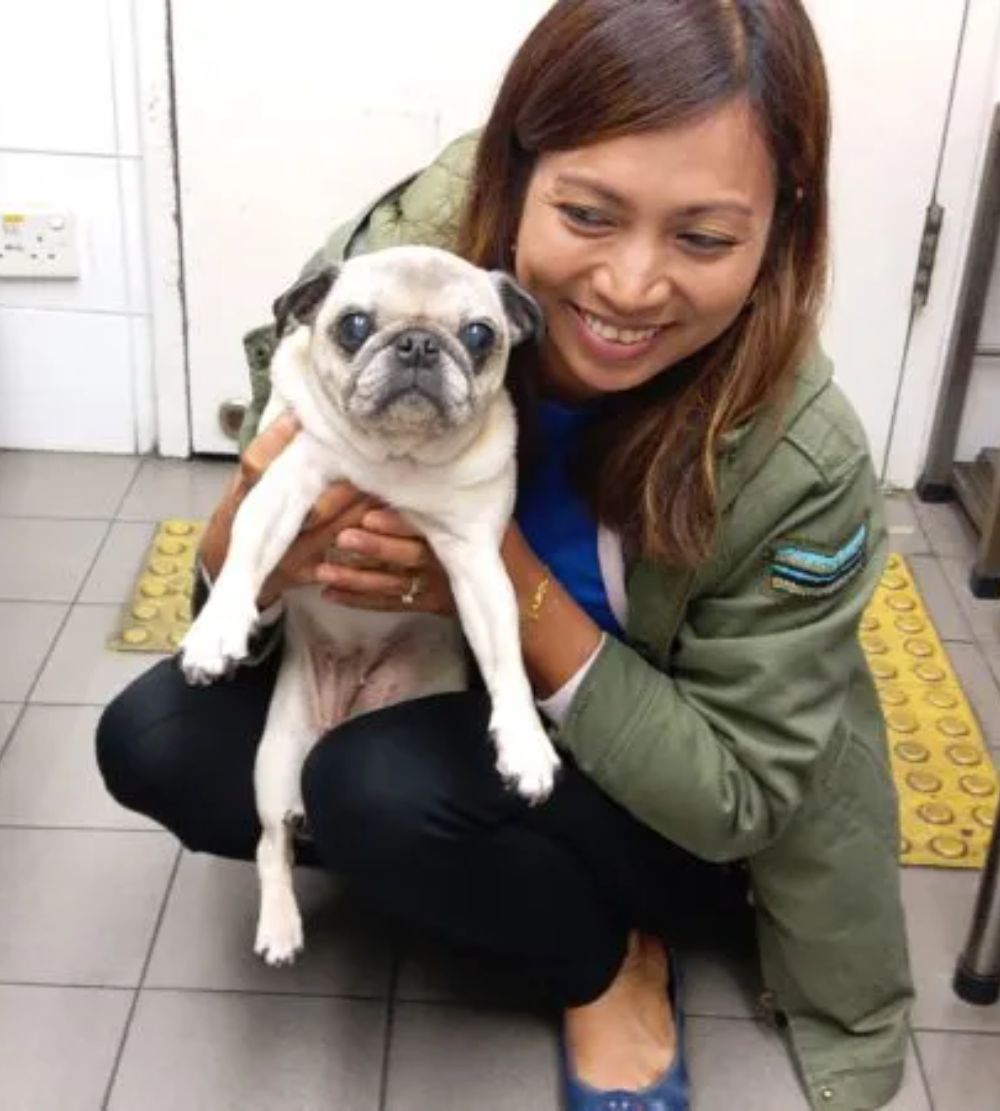Travelling can cause anxiety in people. There’s a lot to look at and unlimited new sights to see. You need to understand where you’re going and it’s your responsibility to get there in one piece. If you’re travelling somewhere that you’ve never been before, then it’s understandable to feel a little uneasy.
Well, your pets are likely to feel just the same. They trust you, but when you send them to a place they’ve never been before, they can feel a little anxious, especially if you can’t stay with them throughout the whole journey. In order to make the journey as easy as possible for them and to make future trips stress free, there are a few tips and tricks that you can explore.
Why is Your Pet Anxious About Travelling?
There are a number of reason that your pet could become anxious during their travel experience and understanding exactly what is causing the issue is the first step into resolving it.
· Abandonment
Your pet is used to you being there all the time unless they’re in your home where they feel safe. When you’re travelling, especially to a different country, it’s unlikely that you’ll be able to stay with them the whole time.
When they go into the hold, or into quarantine in the new country, they will be on their own (or with your other pets).
Although it’s hard to hear, your pet is just wishing to see you the whole time as everything might feel a little overwhelming and you’re their comfort blanket. Without you, they don’t feel as confident.
· Unable to Protect You
In the case of dogs, the whole reason they’re in your life (from their perspective) is to protect you and love you. When you’re not around, they suddenly don’t have anyone to protect, and it doesn’t trigger their fight emotion when something scary happens. Instead, if they’re only thinking about themselves, their flight instinct will kick in instead, as that’s now the safest option.
· Crate Size
Lots of dogs are crate trained at home, which really helps when it comes to putting them in a crate for overseas travel. The crate itself is their safe space, just like a child’s bedroom. When they’re shut in there it helps them to visualise the area that they have to protect. If they only have the crate to protect, they feel less anxious as there’s less area to cover.
However, if they’re in a crate that’s too large for them, they could experience some anxiety as they’re trying to protect a wider area. A larger crate also means that they’re more likely to move around, potentially causing injury. Sliding around in a crate would make anyone feel a little anxious.
· New Sights, Smells & People
The process of travelling is filled with new sights, sounds and smells and your pet will come into contact with a lot of new people too. While they may be inquisitive at first. All this could become a little overwhelming and cause your pet to become anxious.
· Other Pets
The experience of travelling is likely to be filled with lots of other pets in the same space too. If you‘re travelling abroad via plane, then there will be a special section for your pets in the hold.
The problem comes when there’s a pet that isn’t used to other pets. Perhaps you have a cat that lives with you alone, or a dog that specifically doesn’t like other dogs. Being in a contained space with lots of other pets who might be equally stressed could heighten the situation.
How to Reduce Your Pet’s Anxiety During Travel
There are a few different things you can do to reduce your pet’s anxiety before a long journey.
Practice Makes Perfect
As with everything, practice makes perfect. If you know that you pet doesn’t like the car and often gets anxious, then the best thing to do is take them out more often. Start off with short journeys and steadily lengthen them, reassuring them all the time.
A good way to keep them calm during a journey they’re not happy with is taking their favourite toy along with them or give them a blanket with the scent from home. They’re much more likely to settle this way.
Refrain from giving them treats as a reward if they struggle with travel as this could cause vomiting.
You should also practice meeting other pets and people as often as possible in the run up to travels. This helps your pet to get used to other smells and voices and will allow them to be more at ease in new scenarios.
If you’re travelling abroad, our pet relocation service will help you out with the forms and documents. The pet travel team will accompany your pet long the way too or at least be communicating with you, so they’ll be happy to meet your pet beforehand to understand your pet’s particular foibles.
Crate Measurements
Crates are a great tool to reduce stress and anxiety for a dog, as they only have a small area to protect and watch over. You should measure your crate so it’s big enough for your dog to turn around in and lay down if they want to. Measure the height and length of your pet and add 4 inches to each measurement. This should give you the best crate size. Although best to check with our staff for more accurate assessment! We have written some articles on crate training and you are welcome to talk to us more about this.
Calming Products & Supplements
Pheromone calming products are items that provide synthetic hormones to make your pet feel safe and secure. Almost like giving them a Horlicks before bed. Some studies have also shown that the same substances that calms us, also calm dogs. The smell of lavender from a lavender bag nearby works well, or classical music, which helps to drown out background noise. Medications and other veterinary-prescribed supplements for anxiety are also available, talk to your veterinarians or to our vet.
Breaks if possible
If it’s possible, depending on your method of travel, schedule a transit stop to accommodate your pet’s needs to stretch their legs or go to the toilet. Not always possible as safety must come first and so the airlines cannot open the crates unless in a closed area with specially trained staff.
Work with the Experts
Use IPATA (The International Pet and Animal Association) member company like Ferndale to help you, IPATA is a non-profit trade association of independent members who are dedicated to the safe and humane transport of pets. Our travel company has medically-trained staff who understand the health impacts on pets travelling, as well as catering to the flight or land logistics. Our owner is a veterinarian.
Summary
Anxiety is common in pets when it comes to travel, but it can be easy to overcome if you understand the reasons for your pet’s stress and work to make changes. Make sure you always plan ahead for a long journey and make them as comfortable as possible along the way. If you’re still struggling to calm your dog and cat after a few practice runs, our professional pet relocation service may be able to offer ideas to help your pet along the way.





